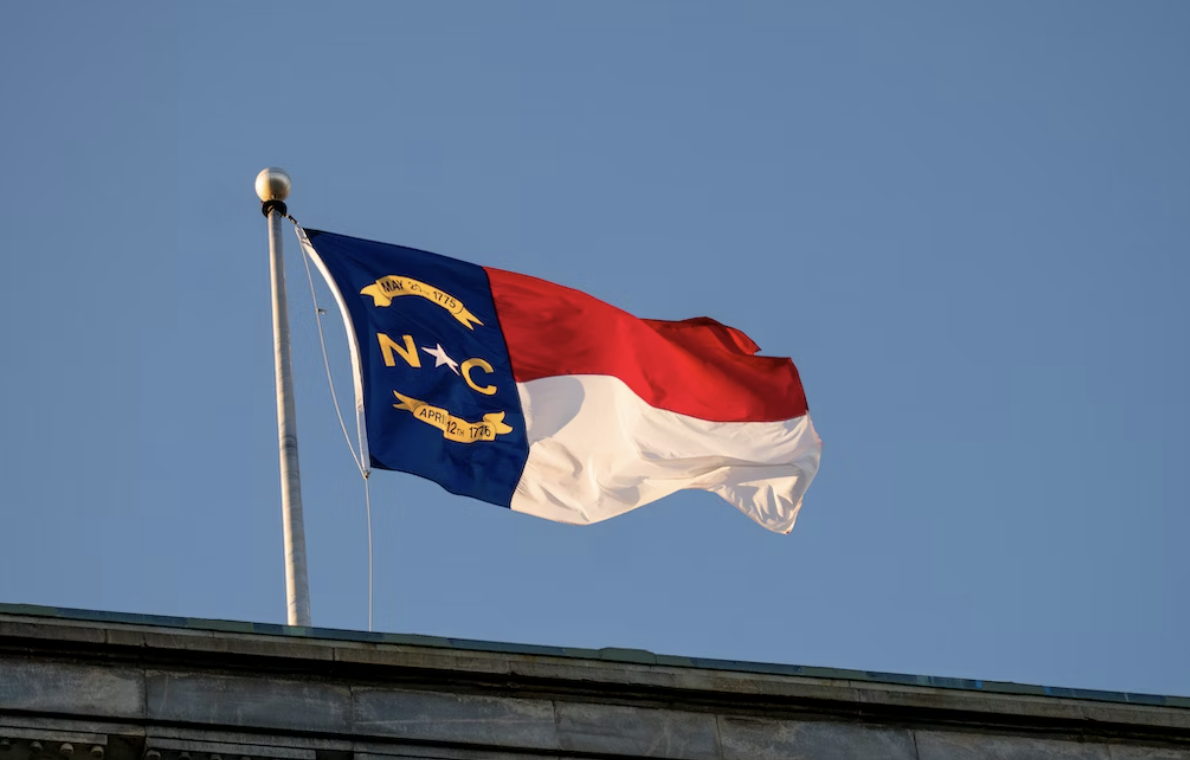Senate Bill 3 that would legalize marijuana use for medical purposes in the Tar Heel State is likely dead for the 2023 General Assembly. Although SB 3 passed through the Senate with a strong bipartisan vote, it has stalled in the House since then, with it only being heard in committee in early June. As this was the Senate’s second attempt at trying to move the medical marijuana bill through the House, Senate Rules Chairman and SB 3’s chief sponsor, Bill Rabon, took a strategic approach by tacking a floor amendment onto an unrelated health care bill, House Bill 75, favored by the Republican-led House that said such bill could not become law until SB 3 was passed.
Unfortunately, as stated by House Majority John Bell, one of the main reasons this bill will not succeed in the 2023 General Assembly is due to the lack of support for it to advance. The North Carolina House Republican Caucus has a rule that requires a majority of its members to be willing to vote for a bill on the House floor for it to be heard, even if it could pass the one hundred and twenty (120)-seat chamber with Democratic support. Such rule creates an impossible task as it would require staunch opponents in the House to switch their position of “no” to want to vote for it.
In early July, the Smart Approaches to Marijuana, an anti-marijuana organization, rejoiced that lawmakers will not pass SB 3, stating “[m]arijuana isn’t medicine. It’s not approved to treat any illness. So-called medical marijuana is the industry’s way of getting a foothold in a state that they can then use to create an open THC drug market.” However, their sentiments were not met with the chief sponsor of the bill, Senator Bill Rabon, who shared publicly that he used marijuana that he illegally had to obtain while undergoing chemotherapy to treat his cancer. Further, several veteran advocacy groups are left frustrated by the second stall initiated by the House as they will have to wait another year in hopes the House will finally pass the medical marijuana bill.
If SB 3 had passed, an individual would have to be diagnosed with one (1) or more of the following conditions for which a physician provides a written certification for: Cancer; Epilepsy; HIV/AIDS; ALS; Chron’s disease; Sickle cell anemia; Parkinson’s disease; PTSD (subject to evidence that an applicant experienced one (1) or more traumatic events); Multiple sclerosis; Cachexia or wasting syndrome; Severe or persistent nausea that is related to end-of-life or hospice care, or who is bedridden or homebound become of a condition; Terminal illness with the patient’s life expectancy of less than six (6) months; Condition resulting in the individual receiving hospice care; and Any other serious condition or its treatment added by the Compassionate Use Advisory Board. Further, it would allow up to ten (10) medical marijuana supplier licensees, which would be vertically integrated, to cultivate, process, distribute, sell, and transport medical marijuana. Each licensee would be permitted to operate up to eight (8) medical cannabis centers (dispensaries) with one (1) required to be located in a Tier 1 county. In addition, the majority owner would have to be a resident of North Carolina for at least two (2) years.
Although North Carolina residents will have to wait until next year’s chief legislative session (likely to begin in May 2024), members of the Eastern Band of Cherokee Indians will vote this September on whether they want to legalize marijuana possession and sales on tribal lands for adults twenty-one (21) years and older. This step comes after the tribe approved of their medical marijuana program in 2021 to allow tribe-created businesses to cultivate medical marijuana and sell it in a large dispensary on the tribe’s property near Harrah’s Cherokee Casino Resort, which will make it the first and only legal place to purchase medical marijuana in the Tar Heel State. Although the tribe’s dispensary was anticipated to open this fall, there has been some obstacles to achieve this deadline due to the need for additional funding as the Eastern Band Principal Chief Richard Sneed vetoed the $64 million in additional funds. However, the tribe is accepting applications from all North Carolina residents in preparation for the start of this program.
If you are interested in discussing the best pathway to entering North Carolina’s future medical marijuana market, contact us today!

